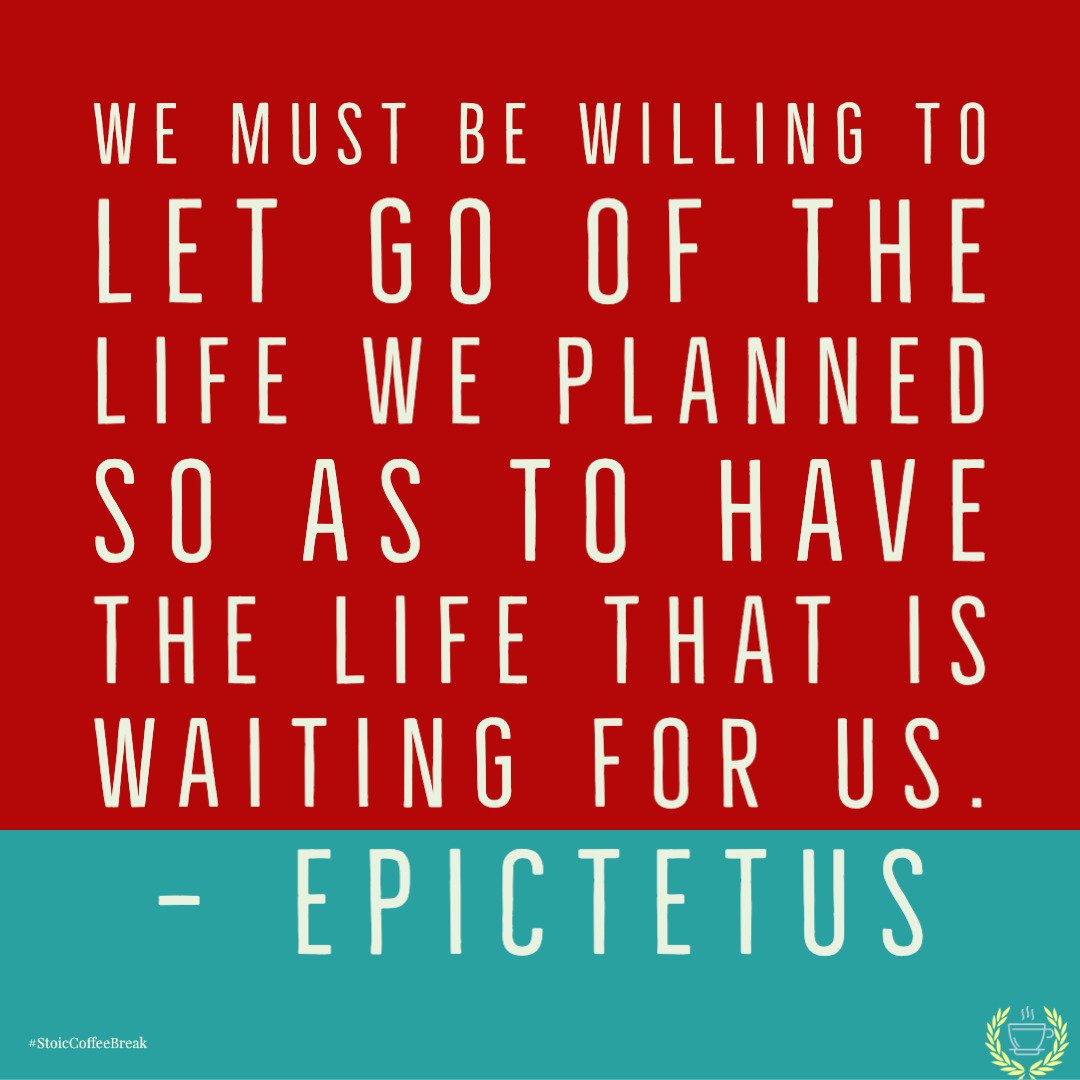Tag: philosophy
-

312 – Stoicism in Action: Interview with Shawn Sarazin
“The impediment to action advances action. What stands in the way becomes the way.” —Marcus Aurelius In this heartfelt episode of the Stoic Coffee Break, Erick Cloward sits down with Shawn Sarazin, a listener who shares his transformative journey through pain and acceptance. From battling chronic leg issues to making the life-altering decision to amputate,…
-

307 – Interview With Author and Human Behavior Expert Dr. John Demartini
Join Erick Cloward on this week’s Stoic Coffee Break as he delves into an inspiring conversation with Dr. John Martini, a relentless researcher and teacher who overcame significant childhood challenges to explore human potential. Discover how philosophy and the pursuit of knowledge can transform lives, all within the time it takes to enjoy your coffee.
-

296 – How to Handle Frustration
How do you deal with people who treat your poorly? What happens when someone lies, steals, or cheats? In this episode, it’s just me and the mic talking about how I’m dealing with some challenging situations and people in my life.
-

287 – Interview with Constatin Morun of Unleash Thyself Podcast
Dive into an enlightening conversation between Erick Cloward of the Stoic Coffee Break and Constantin Morun from Unleash Thyself Podcast. They explore the transformative power of self-discovery, the quest for purpose, and the journey to living a life aligned with one’s true self.
-

259 – Enemies
“There are only two people who can tell you the truth about yourself – an enemy who has lost his temper and a friend who loves you dearly.” — Antisthenes Do you have enemies? Are there people that you don’t like? Are there people who don’t like you? May there is someone who makes your…
-

250 – When Life Has Other Plans
“We must be willing to let go of the life we planned so as to have the life that is waiting for us.” — Epictetus. When life throws you curveballs, how do you handle them? Do you freak out? Do you roll with it? Do you look at it as an opportunity or a disaster?…
-

245 – Whining or Winning
Complaining about a problem without posing a solution is called whining. — Teddy Roosevelt Do you think that life is fair? Do you think it’s unfair? Are others “winning” when you are not? Today I want to talk about how we fall into unhelpful ways of thinking that reduces our ability to take responsibility for…
-

244 – Interview with John Chancey of Knowledge Brew Supreme
This weeks episode is an interview I did with Dr. John Chancey of the Knowledge Brews Supreme podcast. It was really fun to dive into all kinds of interesting philosophical topics with John. He’s sharp, warm, and fun. I hope you enjoy this as much as I enjoyed chatting with John.
-

243 – All the Feels: How to Ride the Emotional Waves
Your emotions are the slaves to your thoughts, and you are the slave to your emotions. — Elizabeth Gilbert. Are you afraid of your feelings? Do you avoid, numb, or shut down your emotions? How much stress and anxiety do you create trying to avoid uncomfortable emotions? Today I want to talk about the power…
-

242 – How to Become Another Person
If you really want to escape the things that harass you, what you’re needing is not to be in a different place but to be a different person. – Seneca. Are you living the life you want to? If you aren’t, do you know how to create big changes in your life? Today I want…